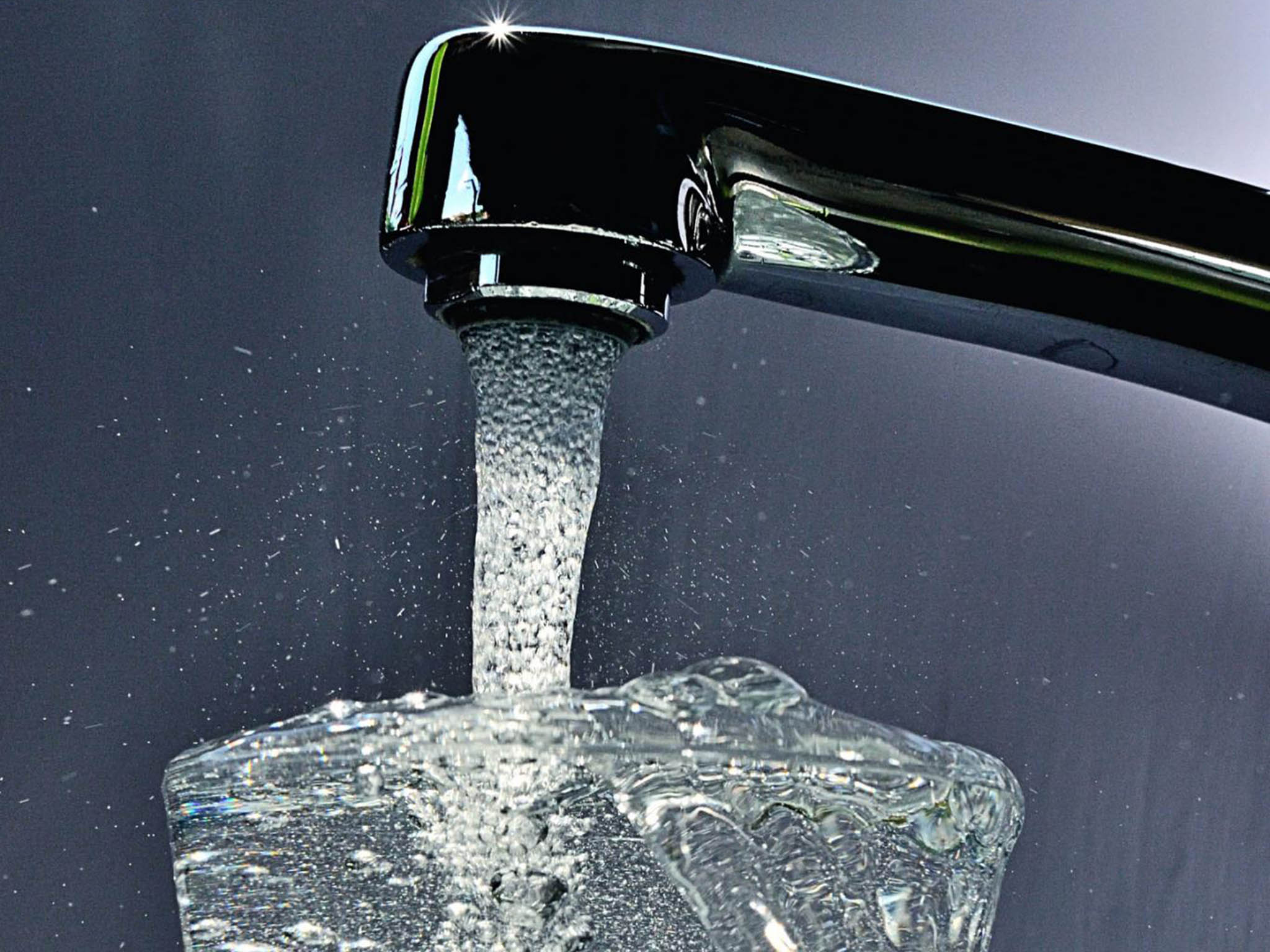How long a person can survive without water
Unlike food, the maximum time an individual can go without water seems to be a week

Your support helps us to tell the story
This election is still a dead heat, according to most polls. In a fight with such wafer-thin margins, we need reporters on the ground talking to the people Trump and Harris are courting. Your support allows us to keep sending journalists to the story.
The Independent is trusted by 27 million Americans from across the entire political spectrum every month. Unlike many other quality news outlets, we choose not to lock you out of our reporting and analysis with paywalls. But quality journalism must still be paid for.
Help us keep bring these critical stories to light. Your support makes all the difference.
[This article was originally published in 2016]
A human can go for more than three weeks without food (Mahatma Gandhi survived 21 days of starvation), but water is a different story.
At least 60 per cent of the adult body is made of it, and every living cell in the body needs it to keep functioning. Water acts as a lubricant for our joints, regulates our body temperature through sweating and respiration, and helps to flush waste.
Unlike food, the maximum time an individual can go without water seems to be a week. That estimate would certainly be shorter in difficult conditions, like broiling heat.
The week limit is based on observations of people at the end of their lives, when food and water intake has been stopped, Randall K. Packer, a professor of biology at George Washington University told Maggie Fox in a 2013 interview with NBC News.
However, one week is a generous estimate. Three to four days would be more typical.
“You can go 100 hours without drinking at an average temperature outdoors,” Claude Piantadosi of Duke University told Fox. “If it’s cooler, you can go a little longer. If you are exposed to direct sunlight, it’s less.”
The Danger Of Dehydration
Our bodies are constantly losing water, which is why drinking a glass of H20 once a day is not enough to keep the body replenished. We lose water when we sweat, go to the bathroom, and even when we exhale.
“Under extreme conditions an adult can lose 1 to 1.5 liters of sweat per hour,“ Packer wrote in a 2002 article for Scientific American. ”If that lost water is not replaced, the total volume of body fluid can fall quickly and, most dangerously, blood volume may drop.“
When you have too little blood circulating in your body, blood pressure falls to levels that can be fatal. Body temperatures also rise when we stop sweating.
Dehydration that causes “a loss of more than 10 per cent of your body weight is a medical emergency,” according to the University of Rochester Medical Center, “and if not reversed can lead to death.”
Water Sources
We get some water from food, “but drinking water is your main, and best source, of water,” according to a website maintained by the National Institutes of Health.
Other beverages like juice or milk also help keep the body hydrated. The only fluid you would want to stay away from is alcohol because it actually causes the body to lose more water than normal through excessive urination.
Read more:
• 'PROJECT PANIC': Pro-EU campaigners' secret weapon for preventing Brexit
• KYLE BASS: There's a 'ticking time bomb' in China
• Civilian casualties in Afghanistan have hit record highs
Read the original article on Business Insider UK. © 2015. Follow Business Insider UK on Twitter.
Join our commenting forum
Join thought-provoking conversations, follow other Independent readers and see their replies
Comments